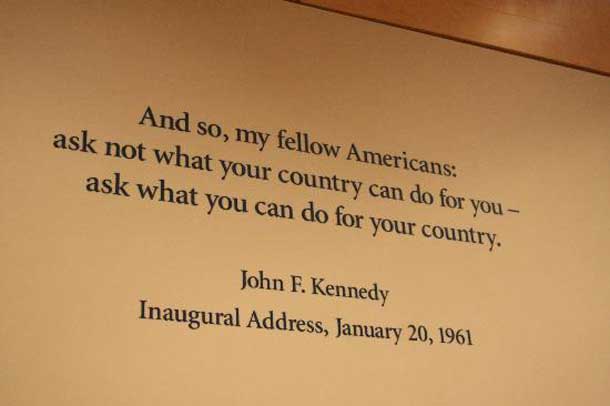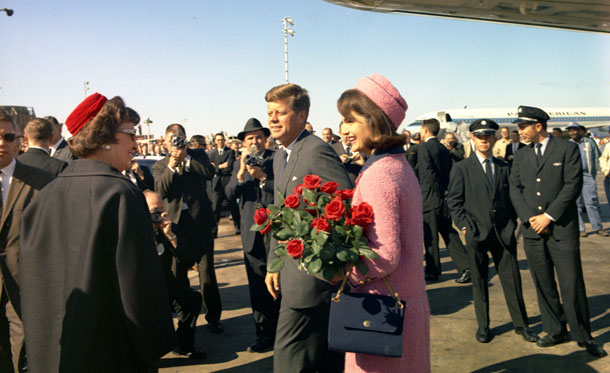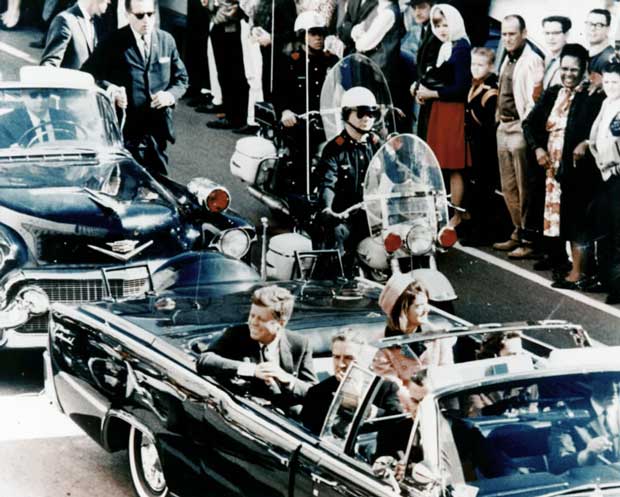The assassination of President John F. Kennedy on November 22, 1963, has spawned numerous conspiracy theories over the decades, many involving the Central Intelligence Agency (CIA). The recent release of classified documents by Presidents Donald Trump and Joe Biden has reignited discussions about the CIA’s potential involvement. This article explores the evolving narrative surrounding the CIA’s role in the JFK assassination, enriched by insights from the newly declassified materials.
The CIA: A Central Figure in Conspiracy Theories
Historical Context of Suspicions
From the outset, the CIA has been a focal point of conspiracy theories regarding Kennedy’s assassination. These theories often cite the agency’s involvement in covert operations during the Cold War, particularly those related to Cuba and the Soviet Union, as a backdrop for potential motives.
Theories of Involvement
Various theories suggest that the CIA had a motive to orchestrate or contribute to Kennedy’s assassination. These motives range from disagreements with Kennedy’s foreign policy, especially towards Cuba, to internal power struggles within the U.S. government.
Insights from Declassified Documents
New Information on Oswald’s Surveillance
The documents released under the Trump and Biden administrations provide more details on the extent of CIA surveillance on Lee Harvey Oswald before the assassination. This raises questions about whether the agency could have intervened or had prior knowledge of Oswald’s intentions.
CIA’s Activities and Connections
The declassified files shed light on the CIA’s various activities during the Kennedy era, including covert operations and espionage. However, direct links between these activities and the assassination remain a topic of intense debate.
Analyzing the CIA’s Alleged Role
Scrutiny of Agency Operations
The newly available information has prompted a re-examination of the CIA’s operations and its possible intersections with Oswald or other elements related to the assassination. Critics argue that the full extent of the CIA’s activities during this period has yet to be disclosed.
Debates Over Plausibility
Despite the influx of new information, the plausibility of the CIA’s involvement in the assassination remains contentious. Skeptics point to a lack of conclusive evidence directly tying the agency to the assassination.
The CIA and the Warren Commission
The Warren Commission’s Findings
The Warren Commission, established to investigate Kennedy’s assassination, concluded that Oswald acted alone. However, the Commission’s report has been criticized for potentially overlooking the CIA’s role or downplaying its significance in the broader context of the assassination.
Criticism of the Commission’s Approach
Critics argue that the Warren Commission either did not fully probe the CIA’s activities or lacked access to critical information, leading to an incomplete understanding of the agency’s role.
Conclusion: An Ongoing Mystery
The role of the CIA in President Kennedy’s assassination continues to be a subject of intrigue and speculation. While the release of previously classified documents has provided new context and information, it has not definitively resolved the questions surrounding the agency’s involvement. The CIA’s presence in many JFK assassination theories remains a significant aspect of this historical puzzle, with the true extent of its involvement still a matter of debate. As more information becomes available, our understanding of this critical moment in American history may continue to evolve.




